Iraq war a decade on: prophets and apologizers
Ten years on, the Iraq war is remembered mostly as a grave error, and many of its advocates have apologized. Yet even as most politicians shy away from rehashing an unpopular war, some fear Congress could be gearing up for conflict with Iran.
By Douglas HERBERT (text)
They say hindsight is 20-20, and that visual acuity seems especially sharp when it comes to the US invasion of Iraq, 10 years after the fact.
An ABC News-Washington Post poll on the eve of the anniversary showed that 58 percent of Americans, looking back now, don't believe the war was worth the fight.
In a similar vein, a YouGov survey of British adults, conducted March 10-11, found that 53 percent thought Tony Blair's decision to send 45,000 troops to Iraq to fight alongside American forces was just plain wrong.
Skeptics will counter that it's all too easy to get up on one's moral high horse and fulminate against the folly of the Iraq incursion, knowing what we do today: namely, that it was a war based on faulty intelligence and patriotic hubris, and was waged without an international mandate.
James Dobbins, the director of the International Security and Defense Policy Center at the RAND corporation, told me this week that US policymakers clearly underestimated the challenges of an Iraq invasion, given the relative ease of the Afghan invasion - at least in its early going - about 18 months earlier.
Dobbins believes that the all-trumpets-blaring charge into Iraq was perhaps the most obvious case of foreign policy overreaction in the wake of the 9/11 attacks, by a traumatized superpower bent on vengeance.
'Embedded', with one side only
Most of the media reporting on the tenth anniversary of the invasion hews to a rather simple narrative: there are the Iraq war prophets, and the apologizers (not to be confused with "apologists", which refers to those who continue to justify something that most agree is unjustifiable, because they believe that it was all for some greater good).
While I can't claim to possess the humility of the new pope, I'd like to think I fall into the "prophet" category insofar as I felt - viscerally - at the time of the invasion that it was not only supremely foolhardy, but potentially disastrous.
At the time of the invasion I was a producer for CNN International, based in London. At CNN, there was a sense of inevitability about the war in the weeks leading up to the assault on Baghdad. The conventional wisdom in the newsroom was that the invasion would happen sometime in March - more than enough time to whip into shape an exhaustive series of graphics illustrating the tanks, planes, and artillery in the opposing army's military arsenals.
It was the first time I became familiar with the word "embedded" - a term that was used at CNN, and elsewhere in the US media, in a unilateral sense, to denote US journalists shadowing US soldiers across the theater of war.
When I (naively?) inquired at one planning meeting whether any provisions had been made to "embed" CNN reporters with Iraqi forces, I got a few embarrassed looks and nervous chuckles.
Being embedded had the nasty side-effect of skewing the objectivity of even the most professional, hardened war reporters. A case in point: CNN's Walter Rodgers's booming declaration of "a giant wave of steel" rolling across the Iraqi desert, en route to Baghdad, on the first day of the invasion.
All that was missing was a line about "shock and awe" as the American military juggernaut advanced across the sands.
This is not to impugn Rodgers, but rather to point to a broader phenomenon of US media complacency about a war that many reporters - echoing the official line in Washington - believed would be brutal, but short.
The epitome of this misreading of the Iraq war was an assertion by Paul Wolfowitz, a neo-con who served as Deputy Secretary of Defense under George W. Bush, that Iraq "could really finance its own reconstruction, and relatively soon."
By 2006, when the blood insurgency in Iraq had reached civil war proportions, Wolfowitz, challenged about that statement, retorted: "What surprised all of us is the war has gone on a lot longer than we thought in a different manner."
Near-Radio Silence
On the eve of the Iraq invasion, I flouted the formal advice of CNN to refrain from taking a public stand on a highly charged political issue, by attending a million-plus anti-war march in London, on February 15, 2003.
It was said to be the biggest peace rally in modern times. The protest culminated in Hyde Park with a reading of the poem, "Bombs", by the late playwright, Harold Pinter.
Ten years later, the man who had been the target of the protesters' ire, Tony Blair, reiterated his long-standing position, telling the BBC he has no regrets and defending his decision to join forces with George W. Bush - saying the situation in Iraq would have been "a lot worse than Syria".
"When people say to me, you know, 'Do you regret removing him?' I say, 'No, how can one regret removing somebody [Saddam Hussein] who was a monster, who created enormous carnage'?"
Compare that with the "we-were-wrong" Mea Culpa from the editors of The New York Times. Offering a rare apology for the papers' coverage of the Iraq war, they said in many instances it was "not as rigorous as it should have been."
"We wish," the Times wrote, "we had been more aggressive in re-examining the claims (related to Iraqi weapons programs) as new evidence emerged - or failed to emerge."
That was in 2004.
A decade later, the official response from political Washington to the Iraq war anniversary is near-radio silence as politicians shy from rehashing an epochal blunder that many would rather forget.
But even as one war recedes quickly in the rear-view mirror of American foreign policy, some fear Congress may be gearing up for a new - and potentially far graver tussle - with Iran.


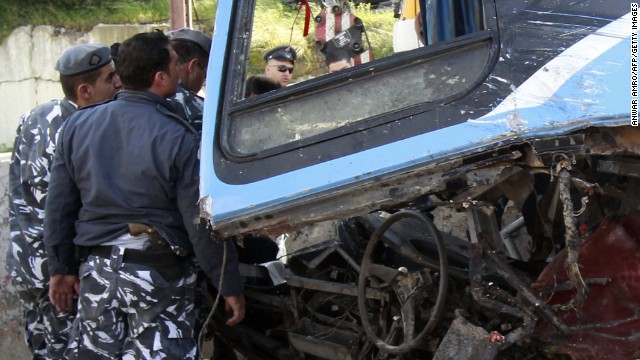
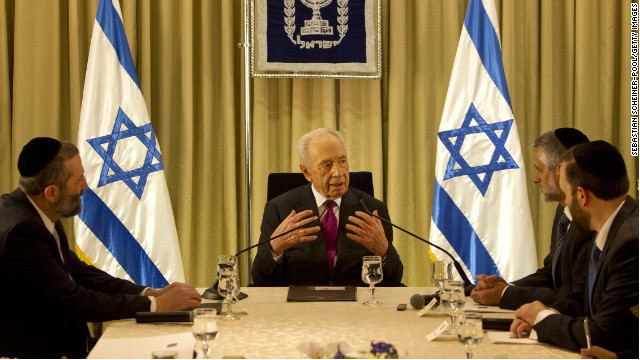









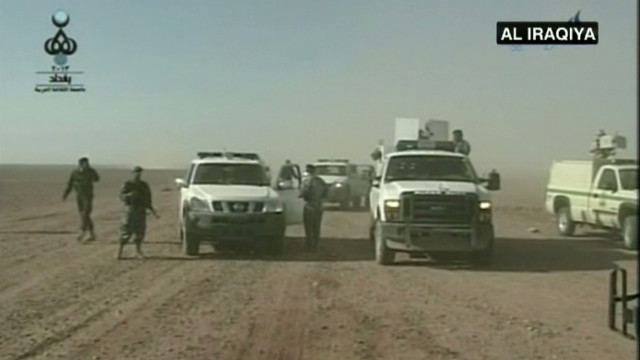
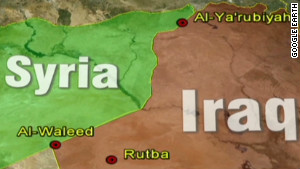
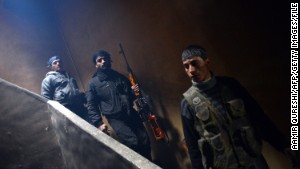
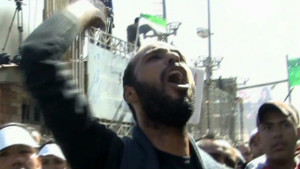
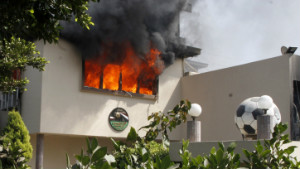
The accord, expected to be signed Thursday, awards important cabinet posts to two rising stars who emerged from the Israeli election in January: Yair Lapid, leader of the centrist Yesh Atid party, the second largest faction in parliament, and Naftali Bennett, head of the rightist Jewish Home faction, politicians told reporters.